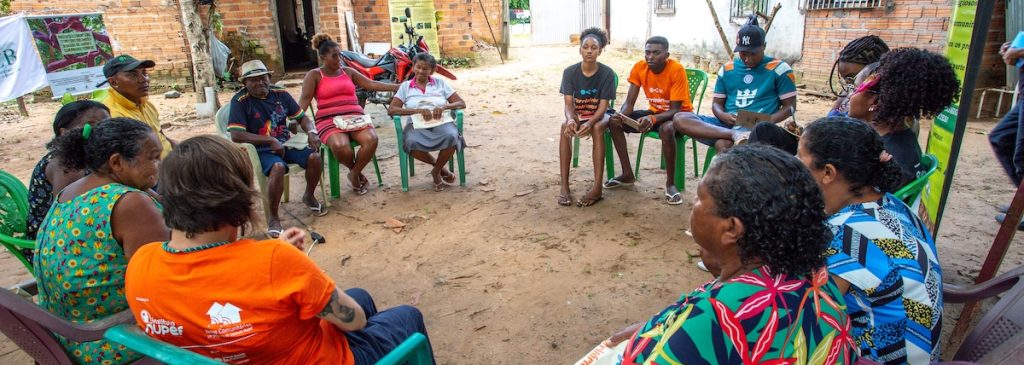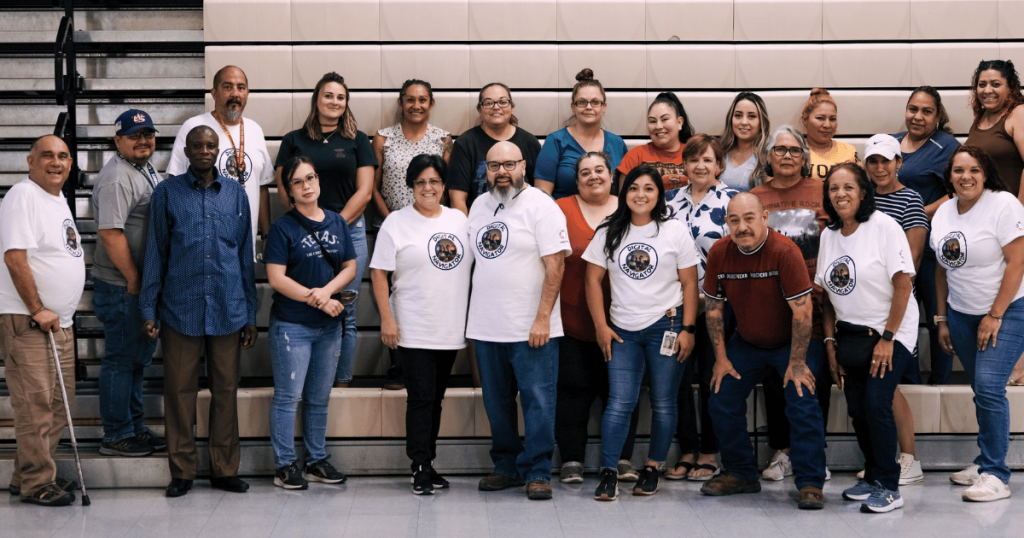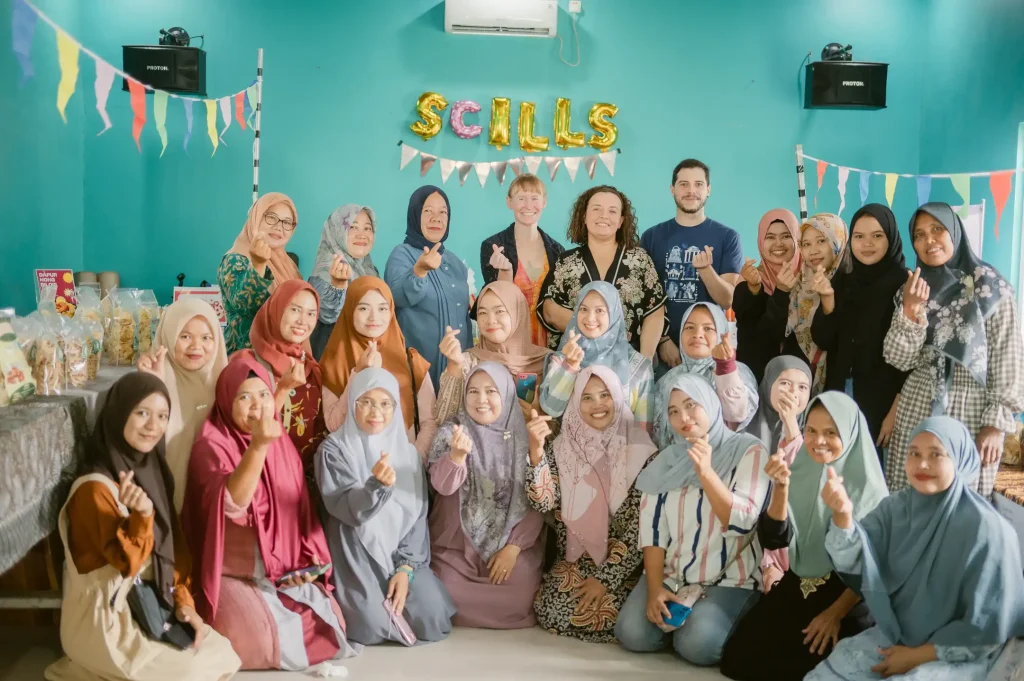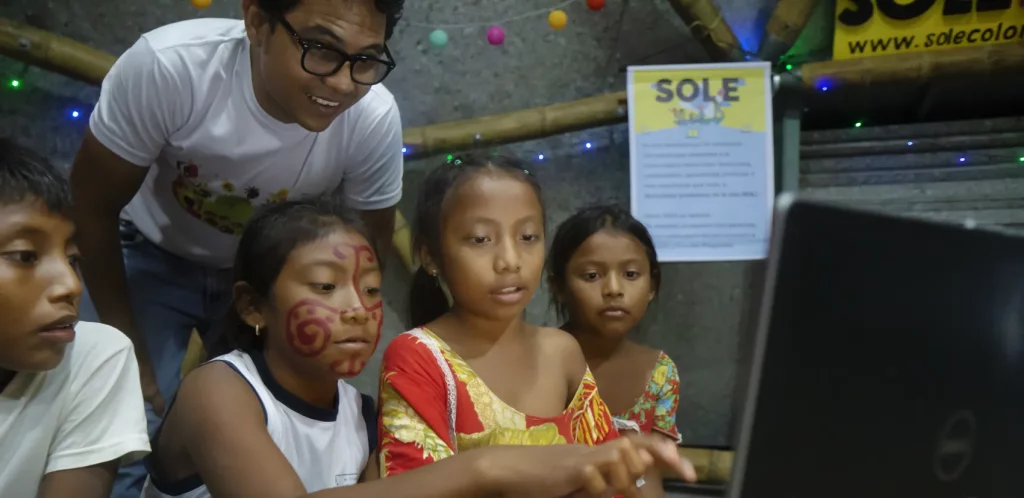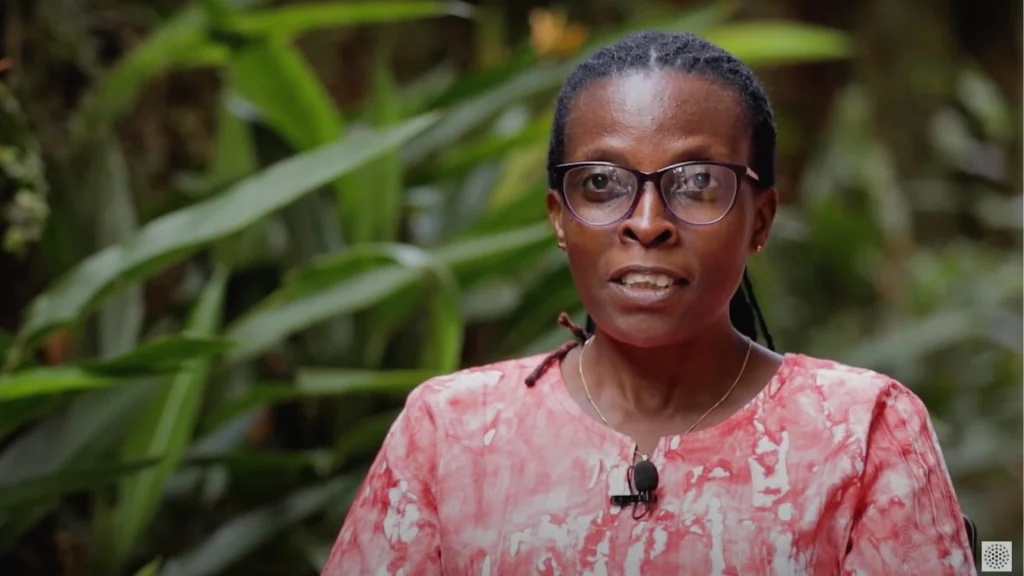From Isolation to Innovation: how Internet access is empowering Indigenous and Quilombo communities Northern Brazil
Brazil’s north and northeastern states are home to many unique indigenous and quilombo communities that often lack reliable access to…
“Now, I can help my grandson to thrive”: How Mycelia Is Bridging the Digital Divide in Las Cruces
A quiet transformation is underway in the heart of Las Cruces, New Mexico. Mycelia Foundation, a young but bold nonprofit,…
Women Entrepreneurs Driving Change Across Indonesia
By Fatima Zahra Lbouhmadi, Monitoring, Evaluation, and Learning Specialist In November 2024, the Strengthening Communities/Improving Lives and Livelihoods (SCILLS) program…
How the Internet Society Armenia Chapter is Empowering Rural Libraries to Bridge the Digital Divide
Around the world, the digital divide poses a significant obstacle to economic opportunity, education, and social inclusion. In Armenia, this…
Casting a wider Net through training for women in Mali
In a country where few women and girls attend secondary school, let alone higher education and even fewer pursue careers…
Digitruck Salone: an innovative way to connect and train women and youth in Sierra Leone
By Gustavo Streger Access to Internet connectivity in rural Sierra Leone is limited and expensive. According to the International Telecommunication…
Building the Library of the Future: How the SOLE Lab is Empowering Indigenous Communities
The Internet has the potential to revolutionize learning, but more than access is needed. This is where Fundación SOLE Colombia,…
The future of the Internet: How Pollicy is championing local languages online
The Internet has revolutionized communication, connecting people across borders and cultures. But what if your language isn’t reflected in this…
Report Reveals Safety Risks to Students in Technology Used by U.S. Educational Institutions: “Children are among the most vulnerable citizens”
Ensuring the safety and privacy of children and families is of utmost importance, particularly in educational settings where technology has…
Making the Internet More Inclusive for Non-English Users: An Interview with Pollicy, a Research Program Grantee
In a world where a few dominant languages often overshadow others, the Internet Society Foundation’s Research Grant Program supports projects…

